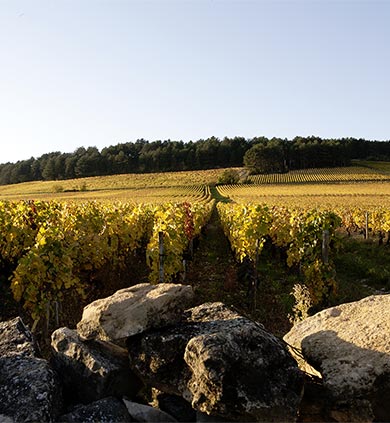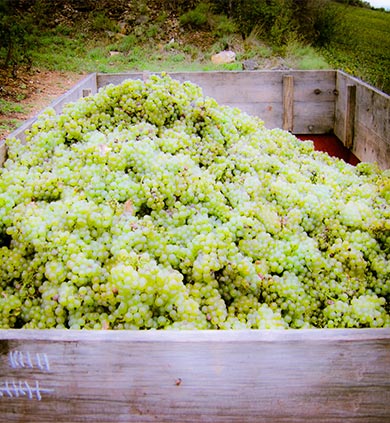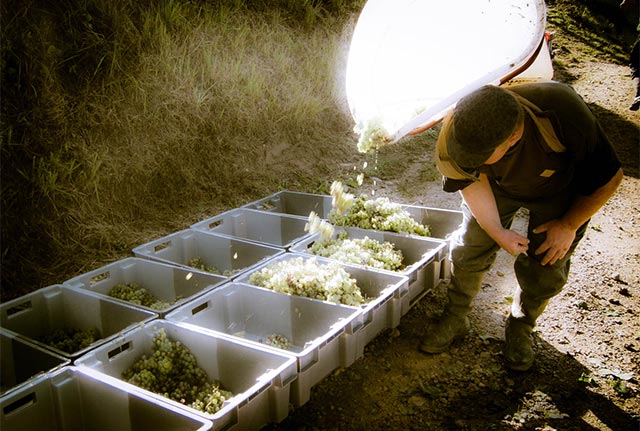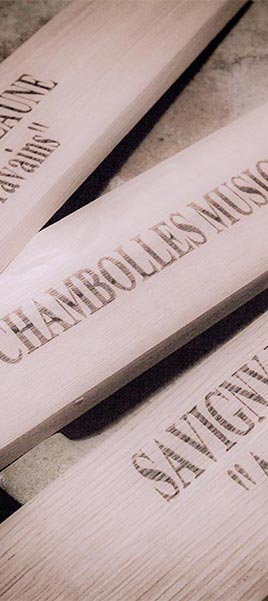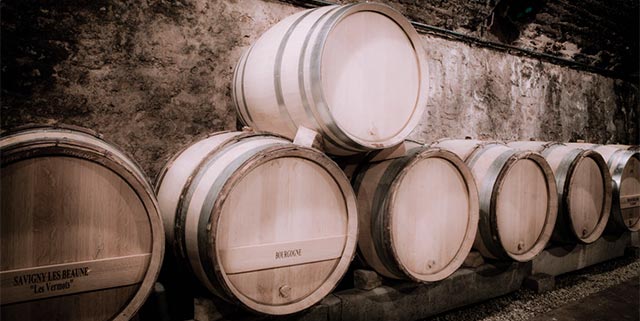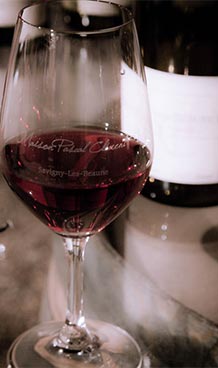Know-how
My philosophy
It all starts with the vine...
To capture the terroir's very essence, the vine must be nourished by its soil, its geology, its exposure and its micro-climate. I have selected my plots based on all these criteria.
In Burgundy, limestone is very common. The very nature of our soils produces wines that combine freshness, minerality and complexity. I work with my wine-making friends, who have been established for many years and share the same philosophy: respect for the terroir. Most of them have turned to organic farming, some even to biodynamics.
I check the maturity of the grapes personally. The grapes are carefully picked by harvesters and placed in 15kg crates.
Vinification
White wines
In his search for quality, Pascal Clément vinifies in the most natural way possible. The vinification of white wines starts with direct pressing of whole bunches, followed by static clarification in stainless steel vats for 10 to 12 hours. Then, the grape juice is put into barrels, which have been used for 1 to 3 wines, by gravity for alcoholic fermentation to start in the barrels. Pascal Clément's special touch is to let the natural yeasts work their magic.
Red wines
After sorting, the harvest is vatted, with 30% whole bunches. Alcoholic fermentation lasts 20 to 25 days, always with the grape's natural yeasts. Then the marc is removed before for pressing. The wines are then clarified over a few days before being put into barrels.
Ageing & bottling
Ageing is the process during which the wine develops its mature characteristics. This lasts 12 to 16 months, and is subject to regular tastings and analytical monitoring. Ageing criteria are decisive and vary according to the terroir; the aim is for the wine to be at its peak before it is bottled.
Once ageing is finished, the wines are racked to combine barrels from the same Appellation in stainless steel vats, where they are left to blend together for 1 to 2 months until bottling.
